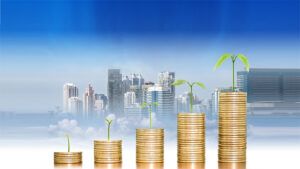French SRI fund label changes to hit EM funds
Emerging markets funds face losing the French socially responsible investment (SRI) label if they do not divest from a number of jurisdictions. The Investissement Socialement Responsable (ISR) label announced stricter eligibility criteria in December 2023, including funds becoming ineligible if they invest in companies involved in new projects related to the exploration, exploitation and refining … Read more










